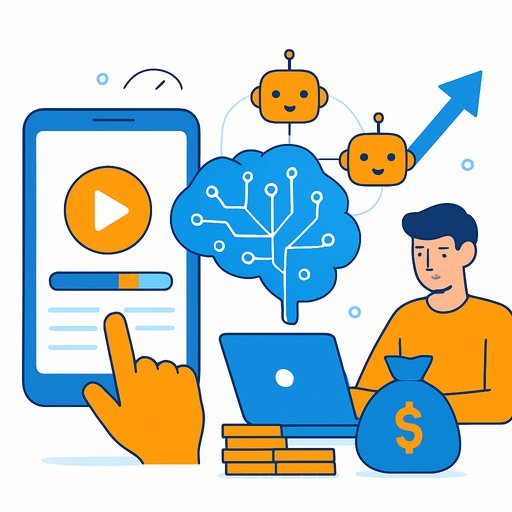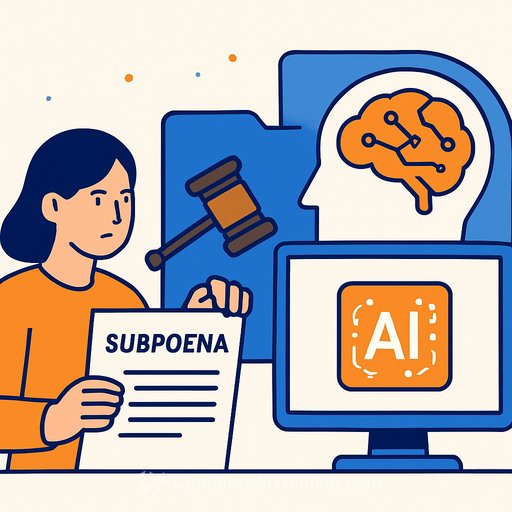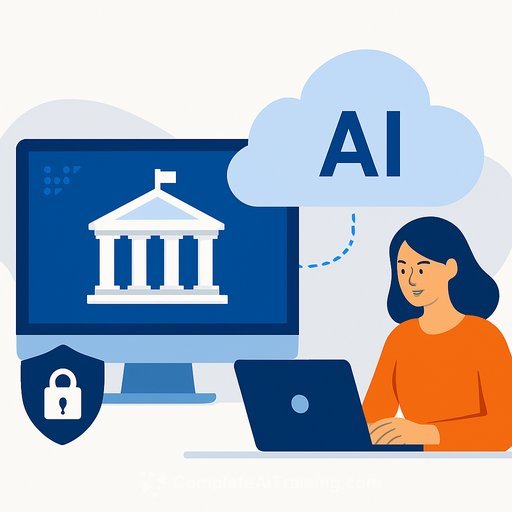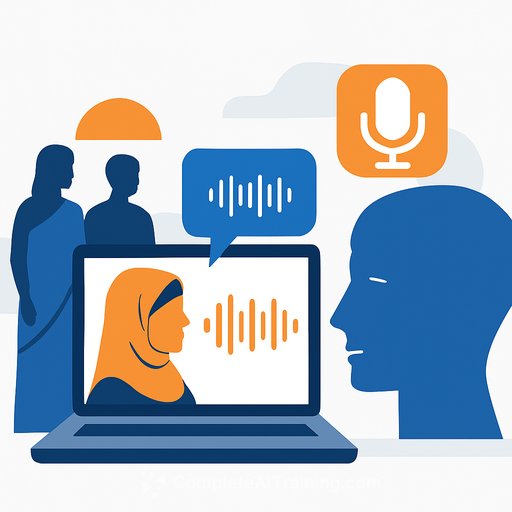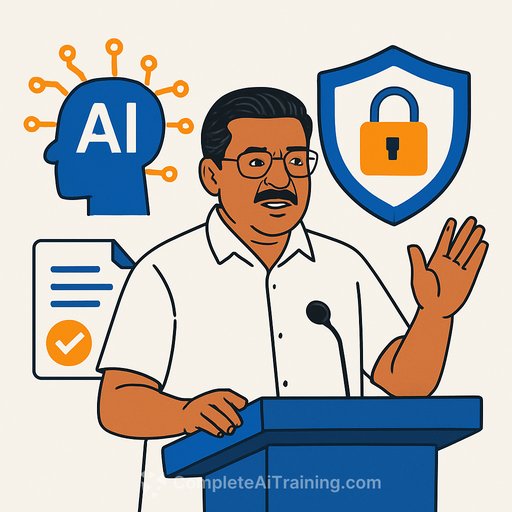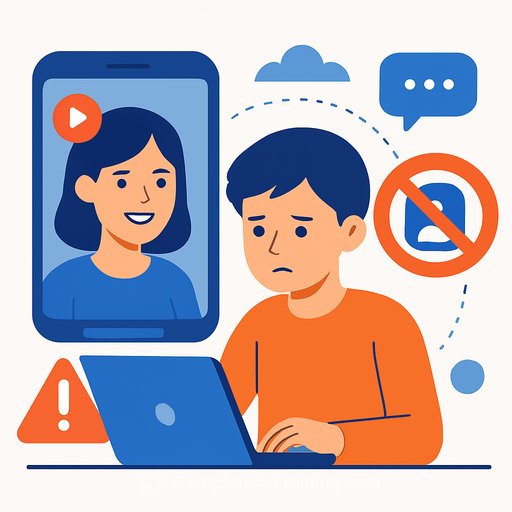Australia rules out AI copyright exemption for tech giants
Australia has shut the door on a copyright carve-out for tech companies. The government confirmed it will not introduce a "text and data mining" exception that would allow AI firms to train models on copyrighted Australian content without permission or payment.
Communications Minister Michelle Rowland said the focus is simple: creators deserve consent, clear terms, and fair compensation. Expect stronger guardrails, not weaker ones.
What changed
The proposed exemption is off the table. Rowland told ABC AM the government "will not be entertaining a text and data mining exception," stressing the need for fair terms for people who make the work.
Instead, a new Copyright and AI Reference Group met in Canberra to work through practical alternatives. On the table: paid licensing, disclosure of training data sources, and collective licensing models.
Why this matters
For creatives, this sets a baseline: your work is not free training fuel. Consent, control, and compensation are moving to the front of the queue under Australian copyright law. See more on Australian copyright law.
For government, the message is consistency. Encourage AI growth, but not by offloading the cost to local media, authors, musicians, and visual artists. The policy path points to licensing over exemptions.
Industry reactions
Commercial broadcasters backed the move, arguing an exemption would have legalised "unauthorised content theft" and shifted value to offshore platforms at the expense of Australian news and creative sectors.
ARIA said the decision keeps consent, control, and compensation at the core of copyright in the AI era, including recognition of First Nations culture. Authors and screenwriters' groups called it a first step to repair damage and ensure future AI use is licensed.
The push for an exemption - and why it stalled
The Productivity Commission had floated a fair use and data mining approach to help local AI firms compete globally. Creatives pushed back hard; tech groups supported it. The Commission's leadership described the status quo as the "worst of possible world," arguing reform would help Australian companies compete.
There's nuance inside the tech sector too. The Tech Council agreed with unions to work on paid access to local content. At the same time, some leaders urged "urgent" fair use and data mining exceptions to attract investment. The government's response: license it, don't take it.
What happens next
Expect consultation around a paid licensing regime under the Copyright Act, clearer disclosure of what data trains AI systems, and potential collective licensing mechanisms. If implemented well, this gives AI companies legal certainty and creators predictable income streams.
Practical steps for creatives
- Audit your catalogue and metadata. Know what you have, who owns it, and what can be licensed.
- Set your terms. Decide on opt-in/opt-out positions, rates, and usage conditions for AI training.
- Use your representatives. Engage collecting societies and guilds to negotiate collective frameworks.
- Track unauthorised uses. Keep records and prepare takedown or licensing requests where appropriate.
Practical steps for government and agencies
- Publish a timeline for the licensing framework, with clear definitions of training, fine-tuning, and downstream uses.
- Require transparent disclosure from AI providers about training data sources and provenance.
- Enable collective licensing with standard terms to reduce friction for SMEs and creators.
- Coordinate enforcement with competition and consumer regulators to address non-compliance.
Key takeaway
Australia is choosing licensing over loopholes. Creatives keep their rights. Tech gets a path to compliant data. The work now is to make the framework simple, enforceable, and commercially sensible.
Useful references
If you're in a creative or policy role and need structured upskilling on AI, licensing, and disclosure standards, explore AI courses by job.
Your membership also unlocks:




